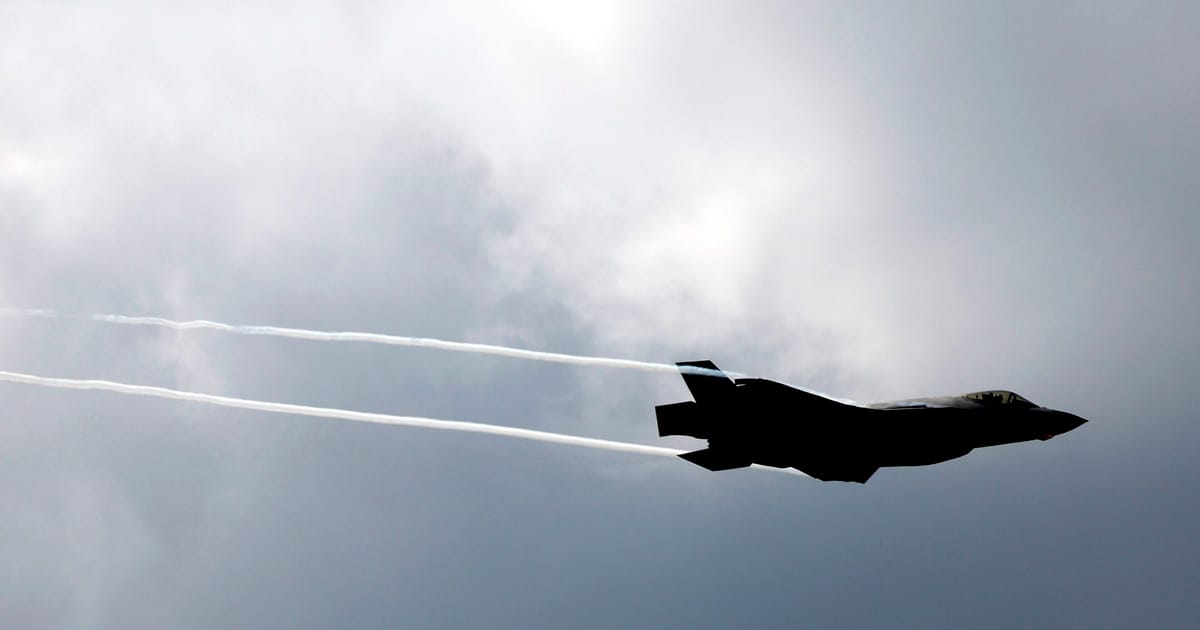Dassault CEO Éric Trappier conveyed that message again to French lawmakers on Wednesday. “I’m not against the project, but when Germany says it’s going to exclude France, doesn’t that bother you? … Unfortunately, today, if you don’t create a hard power dynamic, you don’t get results,” he told them.
Paris has long insisted no delays would be acceptable — among other things because the next-generation fighter jet will be part of France’s nuclear deterrent — and has also previously cast doubt on whether the current organizational structure could guarantee the project will be delivered on time.
Seemingly backing Dassault’s request, the French official told reporters that “if we put the cursor a little more on the NGF pillar and increase the French share a little, [there could be] other effects in compensation on other pillars, these are options to explore.” In other words, that other aspects of the program could be shifted to favor other partners.
Another issue is the aircraft’s weight: France would rather operate a 15-ton warplane, which is light enough to land on aircraft carriers, while Germany is more inclined toward a 18-ton aircraft aimed at air superiority. The French official argued that a heavier airplane would require a more powerful engine, and that could lead to delays.
“If we express divergent needs with Germany or Spain, we cannot afford to be months behind schedule. If the needs are divergent, we must say so,” the official said.
